Fieldwork
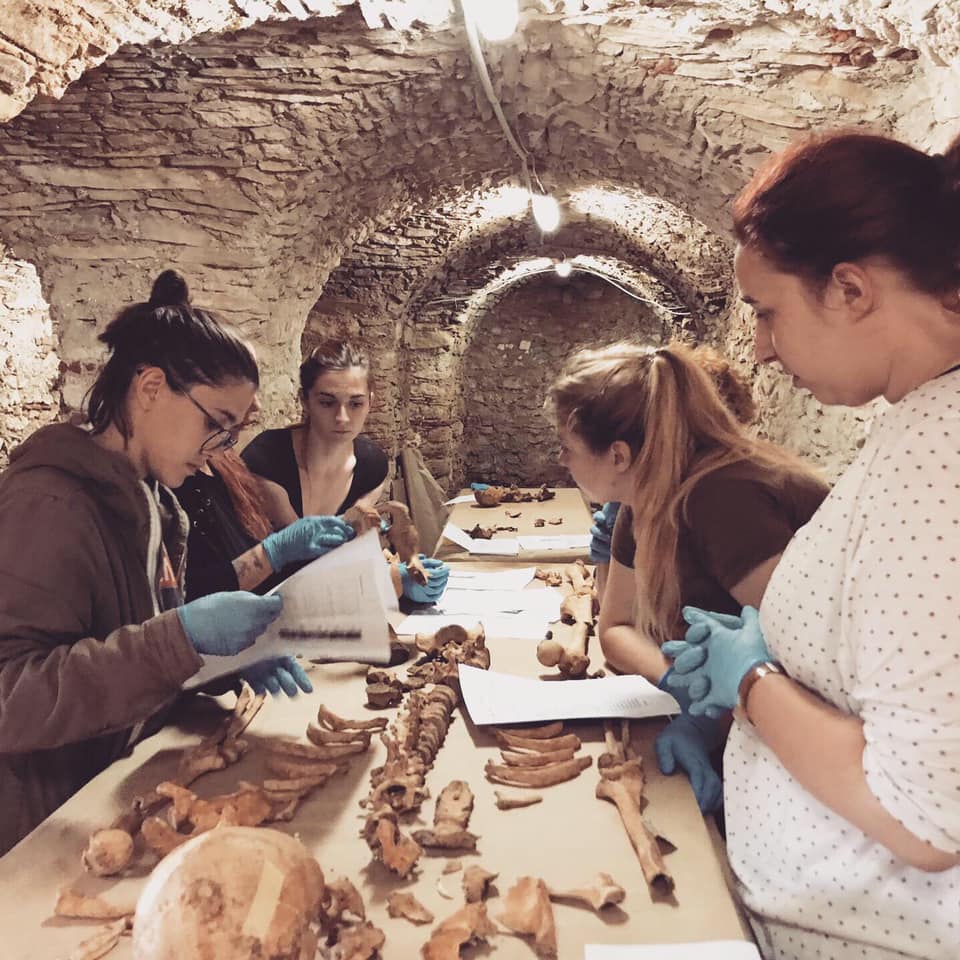
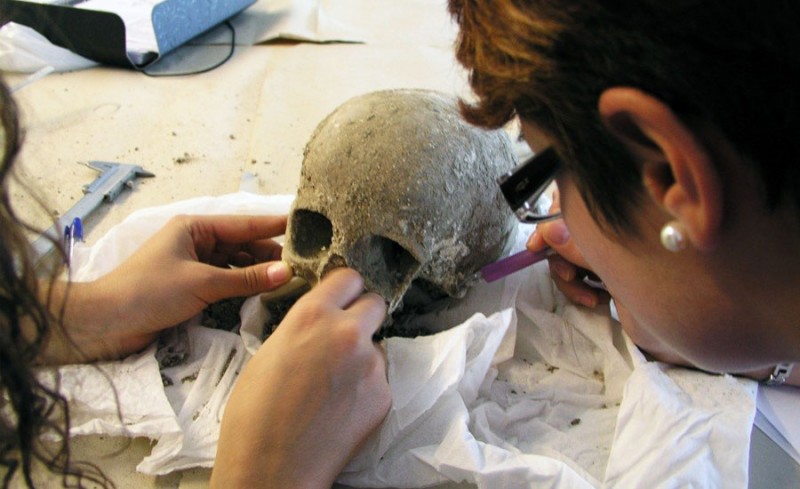
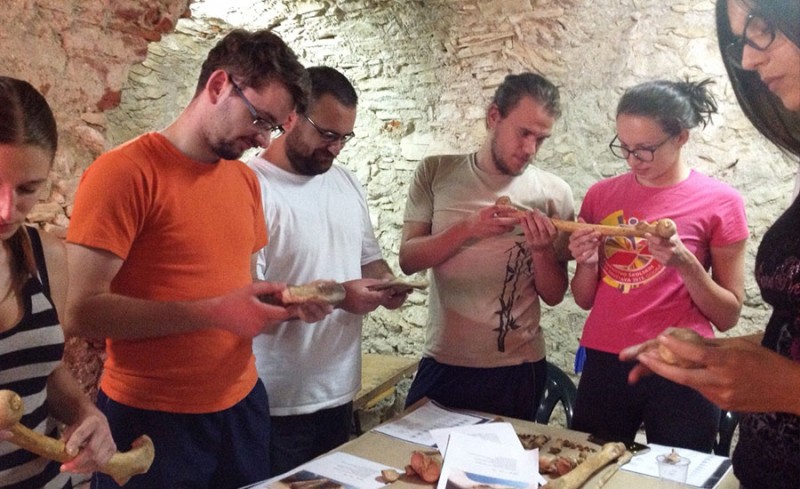
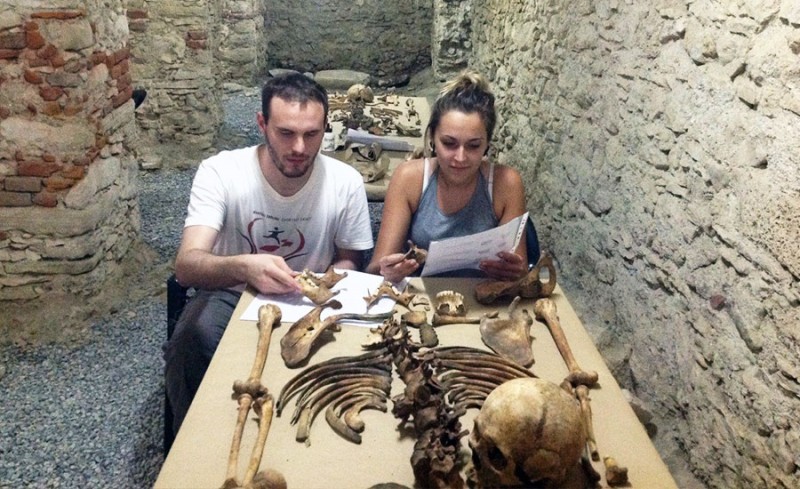

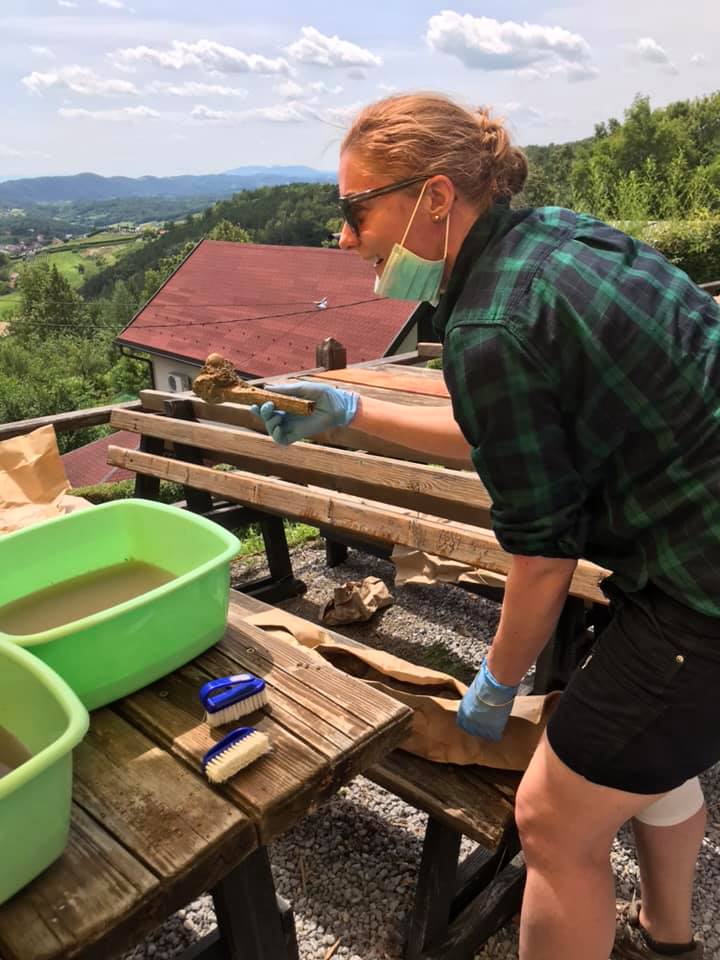
Location: Svetište Majke Božje Gorske, Ul Antuna Gustava Matoša, Lobor, Croatia
Session Dates: June 16-July 13, 2024
Application Deadline: April 1, 2024
Deadline Type: Rolling
Website: https://ifrglobal.org/program/croatia-lobor-summer/
Program Type:
Field School
RPA Certified:
No
Affiliation:
Institute for Field Research (IFR), University of Zagreb
Project Director:
Dr. Krešimir Filipec, Dr. Zdravka Hincak, Ms. Jana Skrgulja
Project Description:
Lobor is a sacred archaeological site that has been active since prehistoric times. It played an important role in Late Antiquity when various barbarian groups (Germanic and others) crossed the borders into the Western Roman Empire. In the period between the 4th and 7th centuries, settlements were relocated to hilltops so that they could provide better protection for the inhabitants and make visual communication between such elevated spots easier. At that time, a large early Christian basilica was built in Lobor. It was probably erected on the site of a former temple dedicated to Diana. After the early Christian church was destroyed, first a pre-Romanesque church and then a Romanesque church were built. These churches marked another important period in Lobor’s history, the Carolingian period. The remains of the only wooden church known so far in northwestern Croatia have been discovered at the site. The wooden church is likely to have served as a temporary shrine between the respective periods of activity of the pre-Romanesque church and the Romanesque church. Since the very beginnings, the Lobor site has been associated with female cults, first the goddess Diana and later the Virgin Mary. It has remained so until today.
The churches are surrounded by a cemetery with burials dating back to prehistoric times and up to the 19th century. Every year, research into one part of the cemetery is conducted. Students learn the process of determining the area of a burial, cleaning the skeletons in the soil, drawing, photography, dealing with in situ finds, removing and packing the bones, and laboratory analysis of skeletons. The Bioarchaeological School at Lobor began is 2016 as the Croatian Science Foundation project. The projects aims to reconstruct the profile of communities that lived in the area, from trauma analysis to DNA and facial reconstruction of individual skeletons.
Period(s) of Occupation: Late Antiquity and Carolingian Age
Project Size: 1-24 participants
Minimum Length of Stay for Volunteers: Students are expected to stay the full length of the program.
Minimum Age: 18
Experience Required: None
Room and Board Arrangements:
Students will stay in Zagreb for the beginning and end of this program, but the main accommodations will be at a hostel in Lobor. These will consist of 2 to 3 students per room, with shared bathrooms and a kitchen. Linens, blankets, pillows, and pillow cases are provided. Rooms will be cleaned and disinfected by the accommodation staff, and laundry facilities will be provided on-site.
Breakfast will be served at the accommodation. Dinner will be served in the accommodation or at the site.
Lunch will be chosen from a daily menu at local restaurant. The restaurant is able to accommodate vegetarians, vegans, and students with various dietary food intolerances.
Academic Credit:
8 semester (12 quarter)
Institute for Field Research
1855 Industrial St. Unit 106
Los Angeles
California
90021
United States
Phone: 424-209-1173
The AIA is North America's largest and oldest nonprofit organization dedicated to archaeology. The Institute advances awareness, education, fieldwork, preservation, publication, and research of archaeological sites and cultural heritage throughout the world. Your contribution makes a difference.